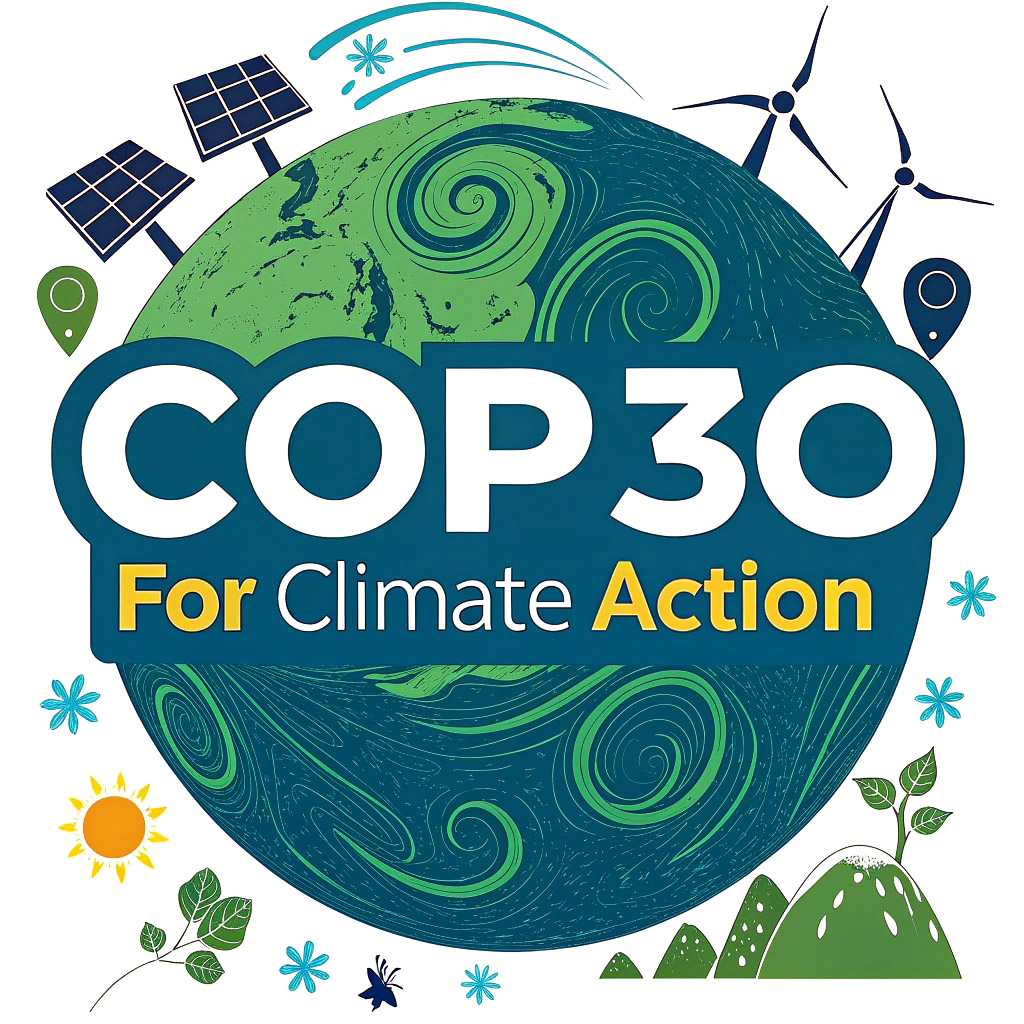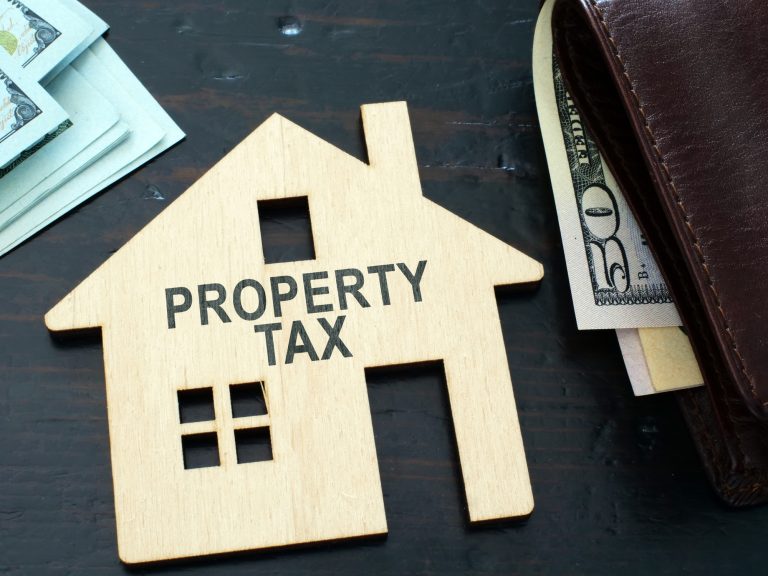Countdown to COP30 2025: What ASEAN Businesses Must Prepare For
Singapore, October 2025 — As the world gears up for the United Nations Climate Change Conference (COP30) in Belém, Brazil (10–21 November 2025), ASEAN businesses are facing increasing pressure to align with global sustainability goals. COP30 marks a crucial milestone in the global journey toward net-zero emissions and enhanced corporate responsibility — and companies in Singapore and Malaysia must act now to stay ahead of upcoming ESG regulations and investor expectations.
Understanding COP30 and Its Global Significance
COP30 is expected to be one of the most decisive climate summits since the Paris Agreement. Governments are set to submit their updated Nationally Determined Contributions (NDCs), outlining stricter emission targets and concrete strategies to meet the 1.5°C climate threshold.
For ASEAN economies — where manufacturing, logistics, and finance play central roles — these policy updates will have direct implications on carbon pricing, supply-chain transparency, and sustainability reporting.
Why ASEAN Businesses Should Take Note
Singapore, Malaysia, and other regional economies are already strengthening their ESG disclosure standards:
-
Singapore Exchange (SGX) mandates climate reporting aligned with the Task Force on Climate-Related Financial Disclosures (TCFD).
-
Bursa Malaysia requires sustainability statements and Scope 3 disclosures for listed issuers.
-
Regional tax authorities, including IRAS, are exploring incentives for green financing and carbon-neutral projects.
COP30 is likely to accelerate these frameworks, pushing more companies — including SMEs — to adopt transparent, auditable ESG data practices.
3 Key Areas Businesses Must Prepare
1️⃣ Strengthen ESG Governance
Establish internal ESG committees and integrate climate risk into corporate strategy. Clear governance structures are essential for board accountability and investor confidence.
2️⃣ Measure and Verify Carbon Footprints
Quantify emissions across Scope 1, 2, and 3. Implement data systems that support independent assurance to ensure credibility and readiness for sustainability audits.
3️⃣ Report with Global Standards
Adopt ISSB-aligned sustainability disclosures and link them to financial statements. Businesses that begin early will gain an advantage as mandatory assurance becomes the norm by 2026.
USAFE’s Commitment to a Sustainable Future
At USAFE, we believe sustainability is not just a compliance requirement — it is a strategic advantage.
Through our audit, tax, and advisory services, we help businesses integrate ESG performance with financial outcomes, ensuring that sustainability reporting meets both regulatory and investor expectations.
As an ISCA Accredited Training Organisation 和 member of INSOL International, USAFE continues to advance professional excellence while guiding clients through the evolving ESG landscape across Singapore and ASEAN.
“Our mission is to help clients build sustainable value — where compliance, innovation, and accountability converge,” said a USAFE representative.
Looking Ahead: From COP30 to Corporate Action
The countdown to COP30 is not just about policy; it’s about preparation. Businesses that embrace sustainability today will be better equipped for tomorrow’s economy — one defined by transparency, green finance, and ethical growth.
Sources: https://unfccc.int/cop30




